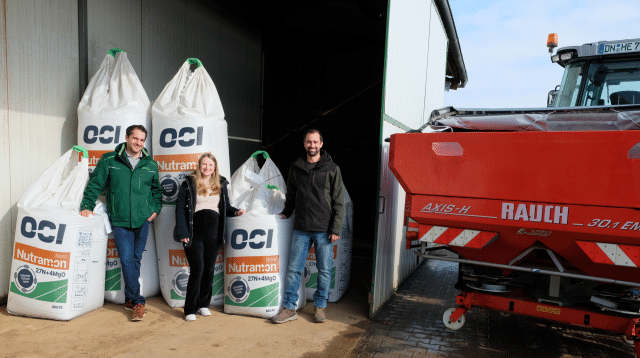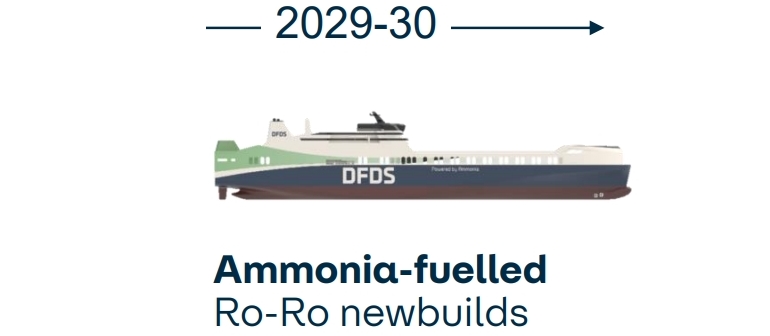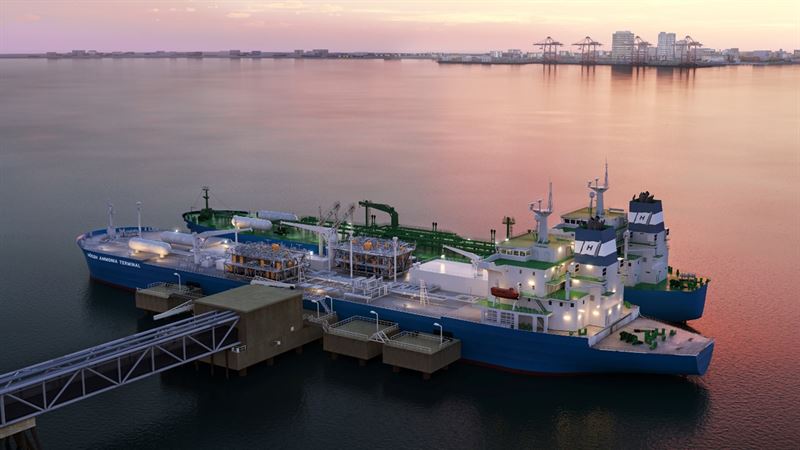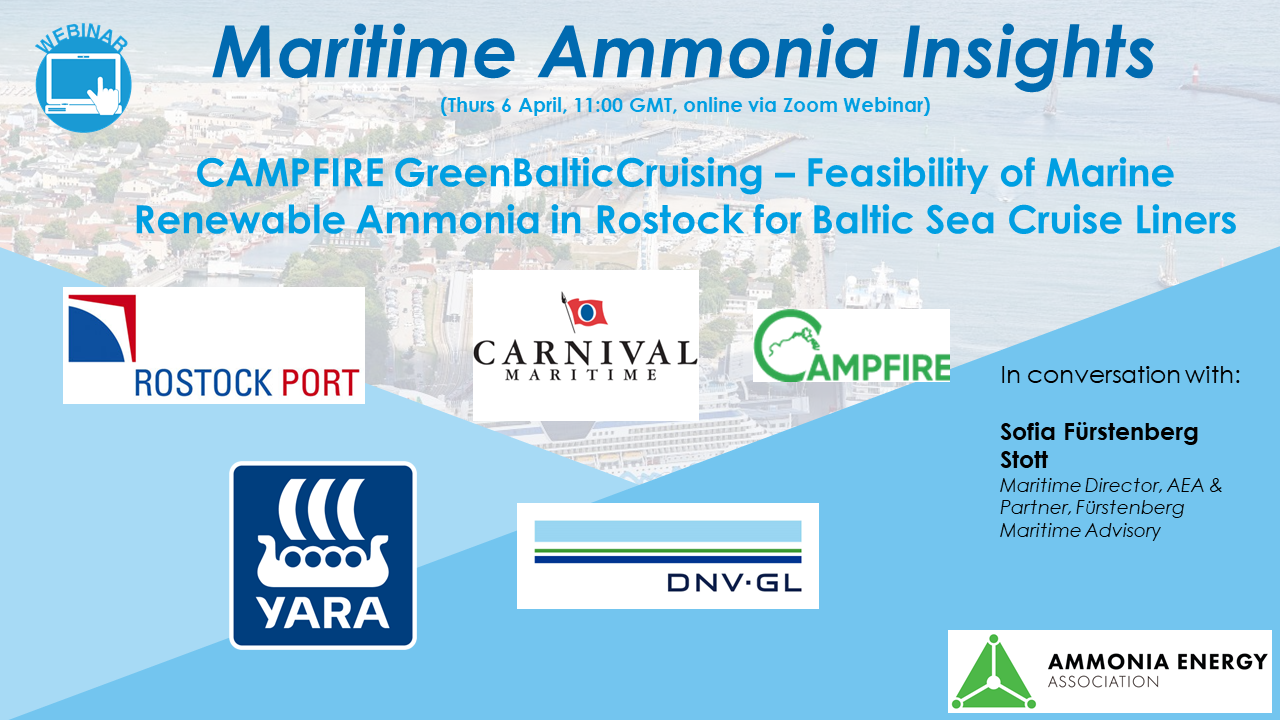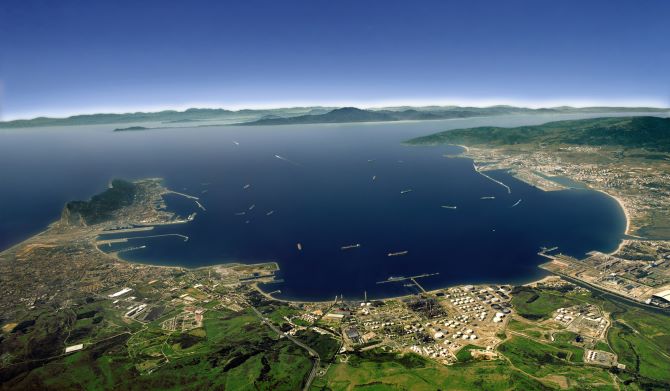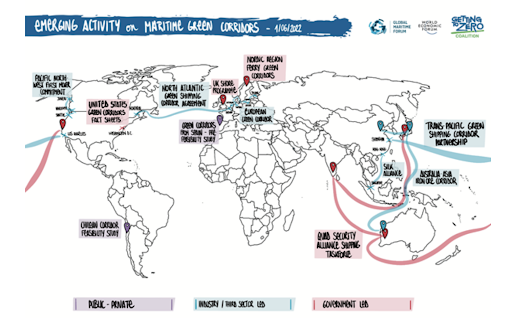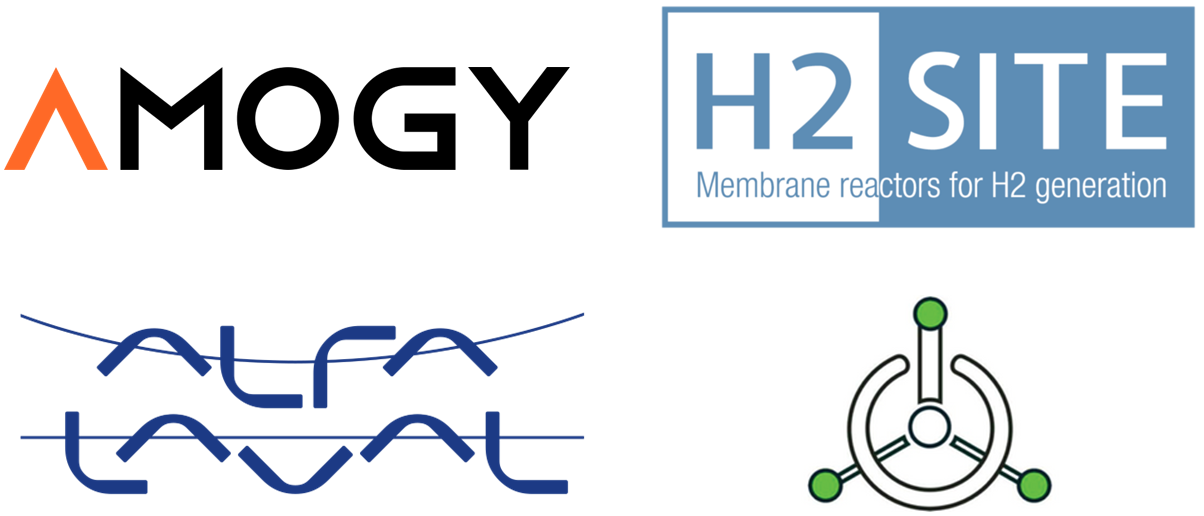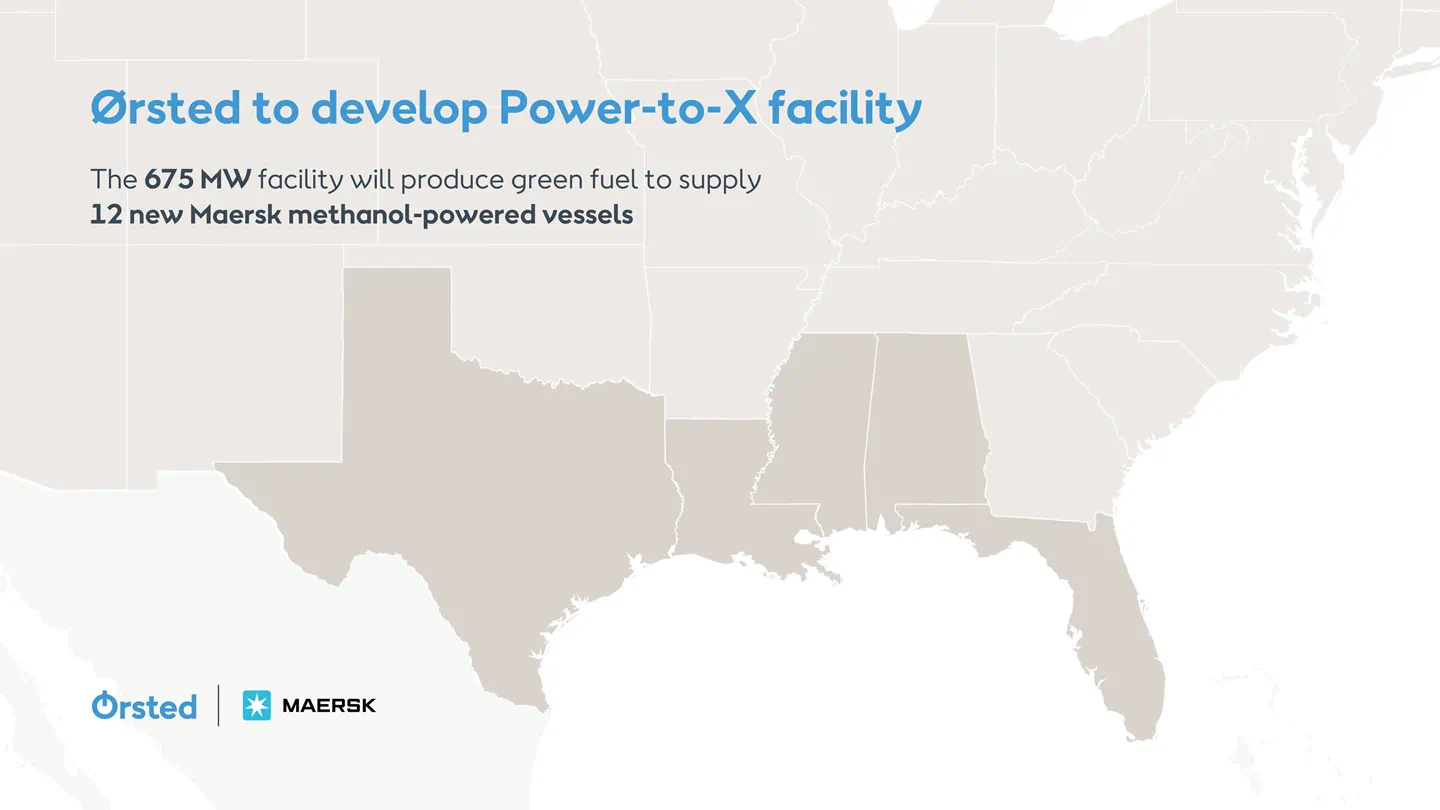Lantmännen, OCI: supplying low-emission ammonia & fertilizers to European customers
Lantmännen has signed a three year agreement with Sweden-based dairy co-op Arla for the supply, distribution and use of fossil-free fertilizers. In Germany, OCI Global has begun supplying chemical manufacturer Lanxess with lower-emission ammonia from Rotterdam, and will supply agricultural co-op RWZ with lower-emission fertilizers.
